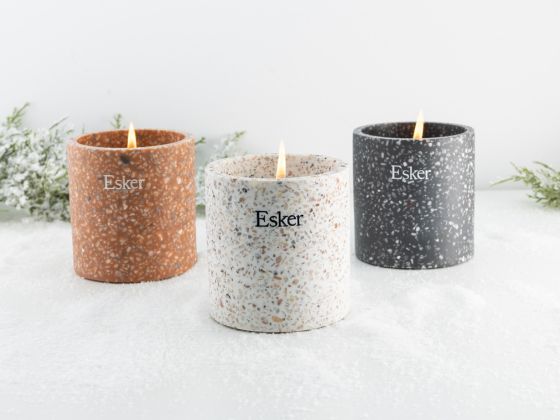For many of us, showering is considered to be yet another task on the to-do list of our everyday routines. For others, a long shower, or better yet-- a hot bath-- is a ritual looked to for relaxation, for self-connection, and for busy moms, a moment of solace away from little ones. If you ask around though, most Americans rarely take the time to lounge in the bathtub or participate in bathing as a self-care ritual, but rather look to a shower simply as a way to get clean quickly and a conduit to help us move forward with the day.
Historically, bathing has long been revered in other countries as a means of physical and spiritual healing, and visiting “public baths” was viewed as a social outing to relax and gather with friends and family. In ancient Greece, the Roman Empire, the Ottoman Empire, and in east Asian countries like Japan (where families take time to soak in a bath in order of seniority almost nightly), bathing was and still is considered to be a ritual brimming with religious, hygienic, therapeutic, and social purpose, and public bath houses were often located in the center of a town or city so that people could easily gather to relax and socialize. In other words, their idea of #SelfcareSunday was probably upstaging your evening of face masks and Netflix.
Bathing Bonuses
Despite the recent rise in popularity of self-care and the importance placed on creating a routine that helps you to pause and connect with your mind and body, most of us still don’t know just how physically and mentally beneficial taking a bath and developing a bathing ritual can actually be. In addition to baths, ancient traditions like sauna bathing or steam showers-- which are still popular today but obviously updated and slightly more luxurious than the original sweat lodge ceremonies they hail from-- have been known to ease muscle and joint pain and even aid in alleviating mental stress and anxiety.
When it comes to dipping into a bath, there’s actually a whole lot more going on than simply basking in an uninterrupted stretch of relaxation (though that’s important, too)! When your body is fully submerged and soaking in warm water, its temperature slowly begins to rise. As your body heats up, brief inflammation occurs which is typically followed by an anti-inflammatory process that’s triggered when your body increases the production of nitric oxide which in turn improves blood flow, transports glucose throughout the body, and eases inflammation.
One of the most commonly known benefits of taking baths is that they can relieve muscle and arthritic pain in the body. But contrary to popular belief, a recent study found that taking a hot bath is actually better for recovering muscles after a workout than a cold bath. Some of the other benefits you can expect from a warm bath are healthier oxygen capacity in the lungs, better sleep as your body temperature gets warmed before you hit the pillow, and improved and relieved skin conditions when you add certain oils, salts, and powders to the tub.
Out of all of these benefits, though, one of our favorite reported bonuses of taking regular hot baths is that it can improve your mood. Not only does the warmth of the water and time spent alone aid in promoting relaxation and relieving stress and anxiety, the actual position of lying horizontally, according to Dr. John Harcup, chairman of the Medical Advisory Committee for the British Spa Foundation, can actually trigger feelings of vulnerability, comfort, and security as the bath gives us connotations of being in the womb.
If soaking in a warm bath just really isn’t your thing, hot showers also offer an array of physiological benefits for the body. Taking slow, deep breaths during a hot shower is a convenient and natural decongestant if you’re stopped or suffering from a cold, and the steam that develops while you shower also acts as an impurity detoxifier if you sweat while you’re showering off!
Making Your Routine a Ritual
The key to really reaping the benefits of bath time isn’t so much about making sure you nail the perfect temperature to get everything you can from a single soak or obsessing over the perfect bath salts to turn your bath time into spa hour, but rather about creating time and rituals for yourself that allow you to pause, relax, and recognize that bathing is a way to serve and nourish your body.
Perhaps your ritual is simply closing the door, lighting a candle and taking 15 minutes to soak in a tub, try a jade roller, or use essential oils as a stress reliever, or maybe you like to get ambitious with your routine and involve all of these techniques into your evening. Given that bathing culture never really existed in America to begin with, it’s no surprise that we tend to perceive bathing and showering as a matter of function only, and not a source of relaxation or a proponent of healing or therapy.
In the aforementioned ancient cultures who thoroughly enjoyed their public baths and showering sessions, soaking in a bath was a way to make human connection. Fast forward to today and, despite the fact that taking baths has become a much more private practice, the concept of making connection with ourselves through mindful relaxation and personal rituals still rings true today. Maybe you’re not a bath gal, and that’s just fine, but we should all take cues from history and create dedicated time to care for our minds and bodies, and to shift our perspectives on hygienic care as something to be savored rather than a task we must perform!








